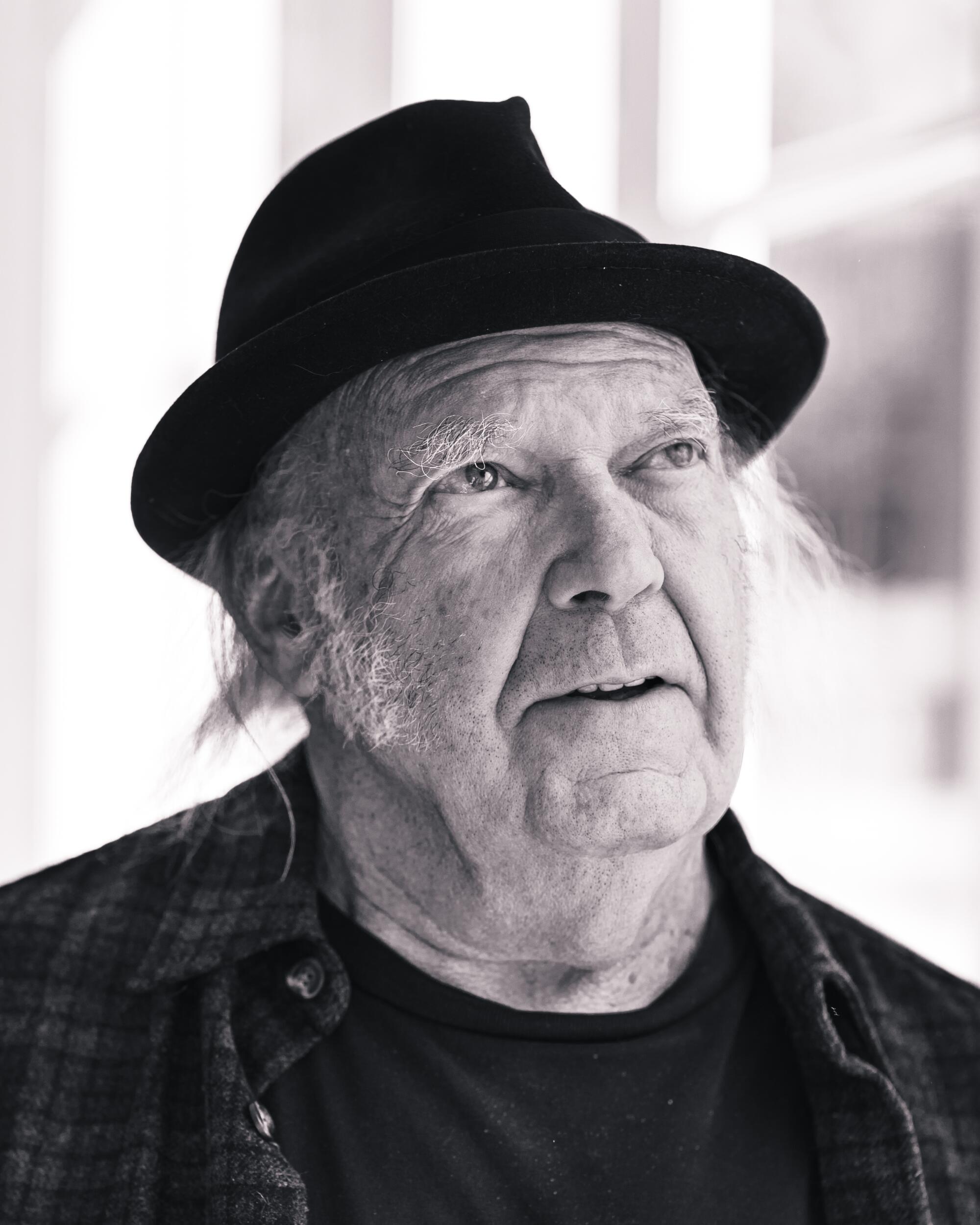Neil Young’s “Cortez the Killer” stands as an epic tale woven with mythological themes of exploration, conquest, and the repercussions of human ambition. Released in 1975 on his album “Zuma,” the song showcases Young’s distinctive blend of folk-rock sensibilities and lyrical storytelling prowess.
The lyrics of “Cortez the Killer,” penned by Neil Young, evoke the historical figure of Hernán Cortés, the Spanish conquistador who led the expedition that resulted in the fall of the Aztec Empire in the early 16th century. Through haunting imagery and poetic verses, Young delves into the moral complexities and tragic consequences of Cortés’ conquests.
Musically, “Cortez the Killer” unfolds with a mesmerizing guitar-driven melody that mirrors the song’s narrative depth and emotional intensity. Young’s emotive vocals and expressive guitar solos create a sonic landscape that immerses listeners in the mythical journey of Cortés and the indigenous peoples of Mexico.
Thematically, “Cortez the Killer” resonates with themes of power, greed, and the clash of cultures, offering a poignant reflection on the human cost of conquest and exploration. Young’s introspective lyrics and evocative instrumentation evoke a sense of solemn reflection and contemplation, inviting listeners to ponder the complexities of history and its enduring impact on societies.
Despite its historical narrative, “Cortez the Killer” transcends its origins to resonate as a timeless allegory of human ambition and its consequences. The song’s enduring popularity and critical acclaim underscore Neil Young’s reputation as a masterful storyteller and musician who continues to provoke thought and evoke emotions through his poignant musical compositions.
In listening to “Cortez the Killer,” we are reminded of Neil Young’s ability to merge myth and history into a compelling musical narrative that challenges listeners to confront the complexities of human nature and the enduring echoes of the past in our present-day world
